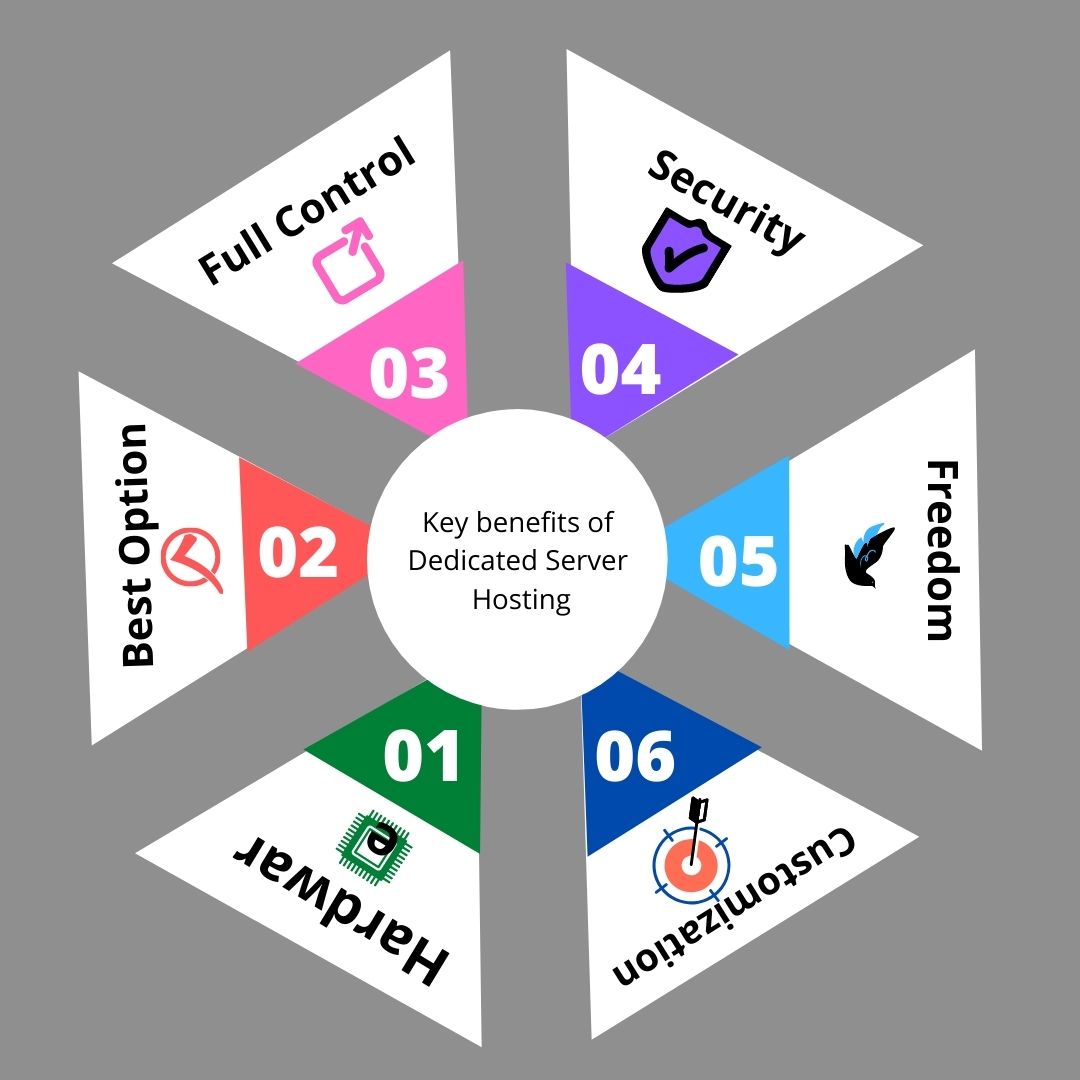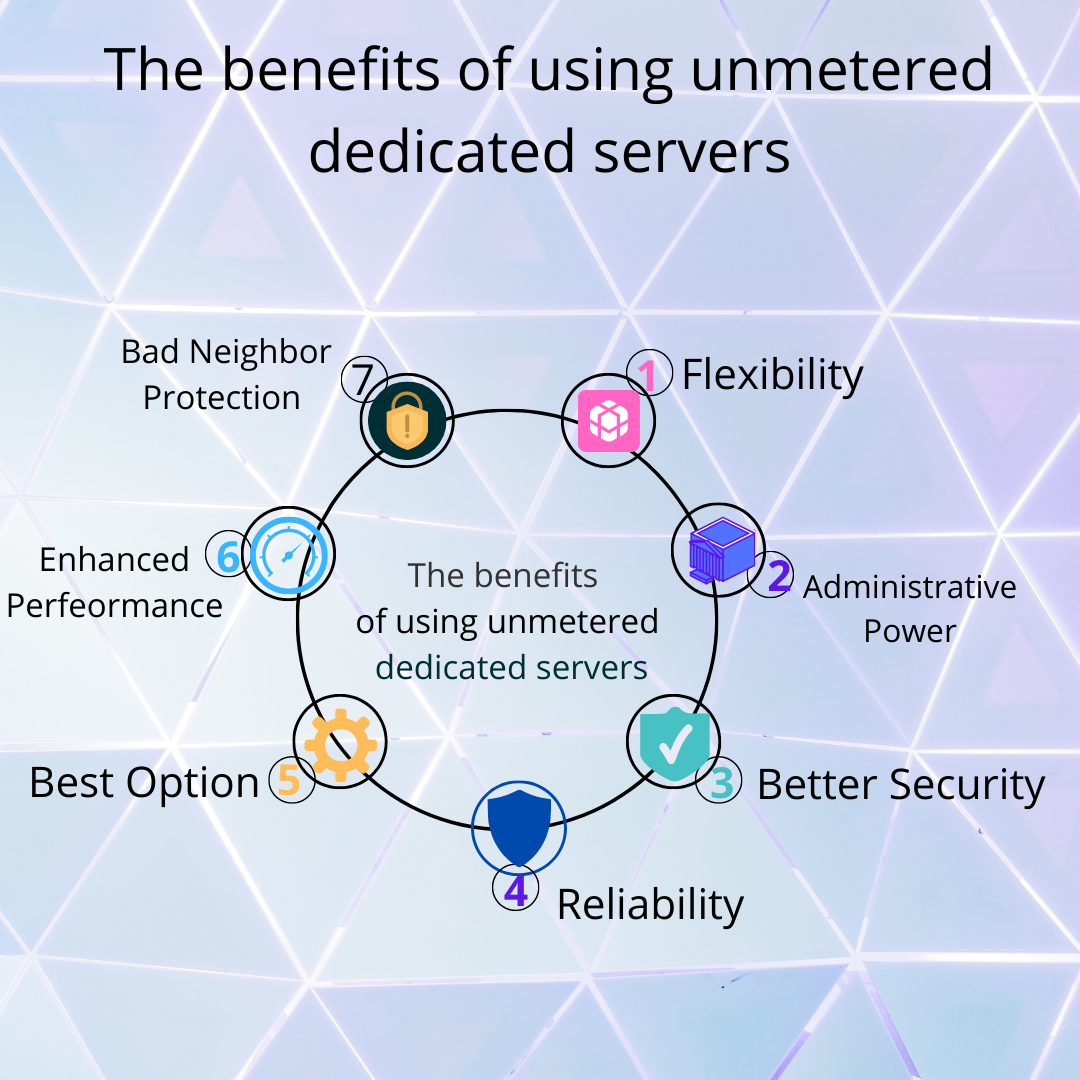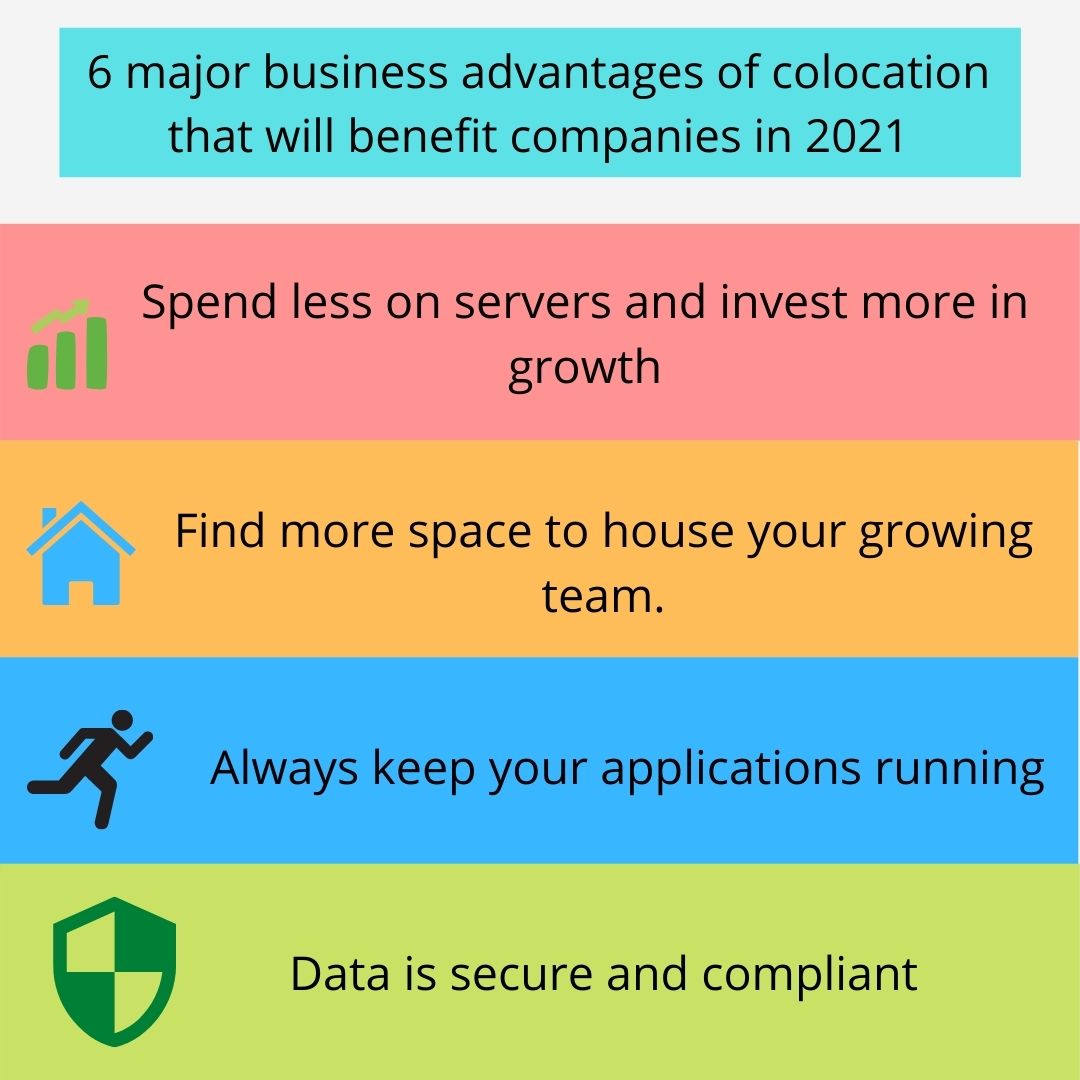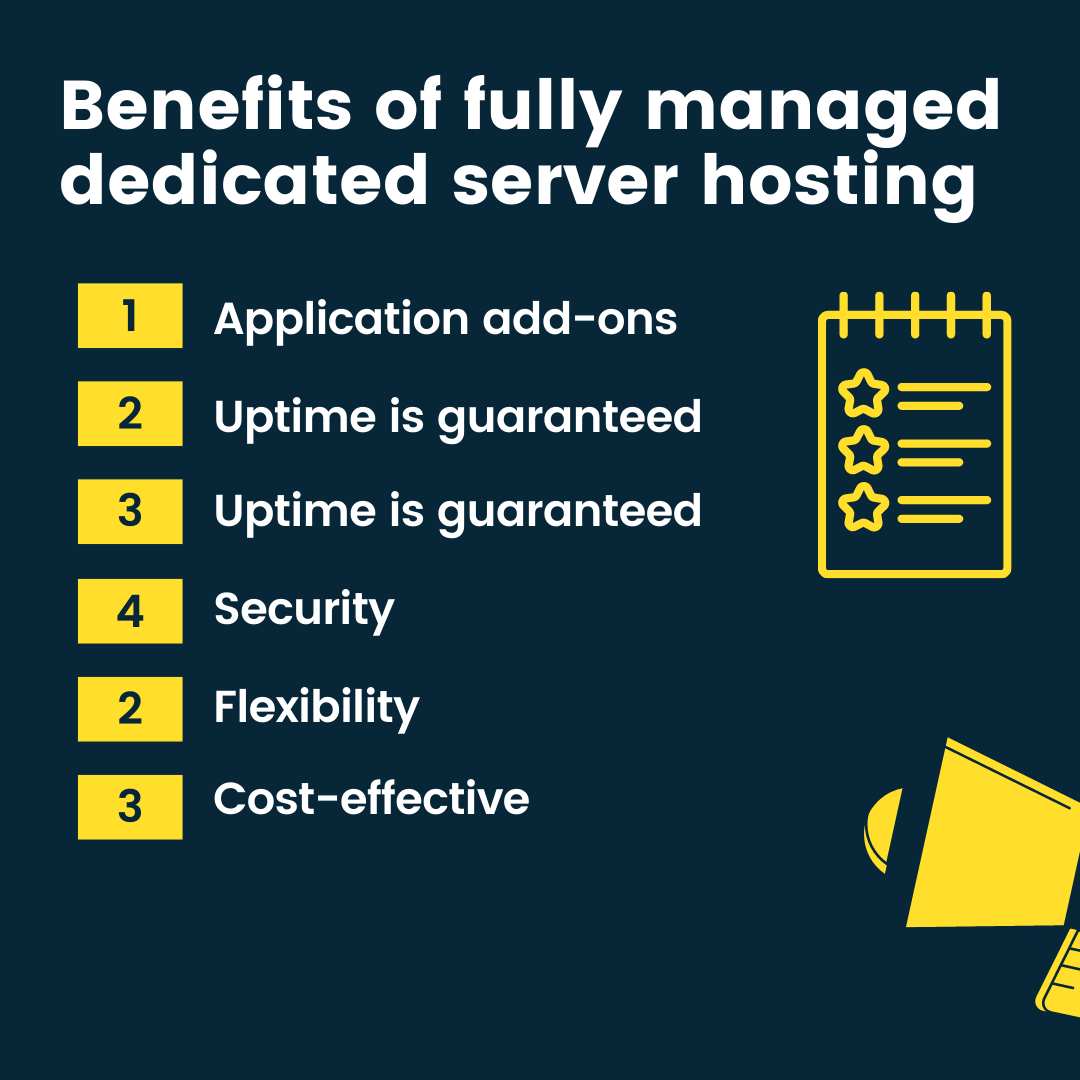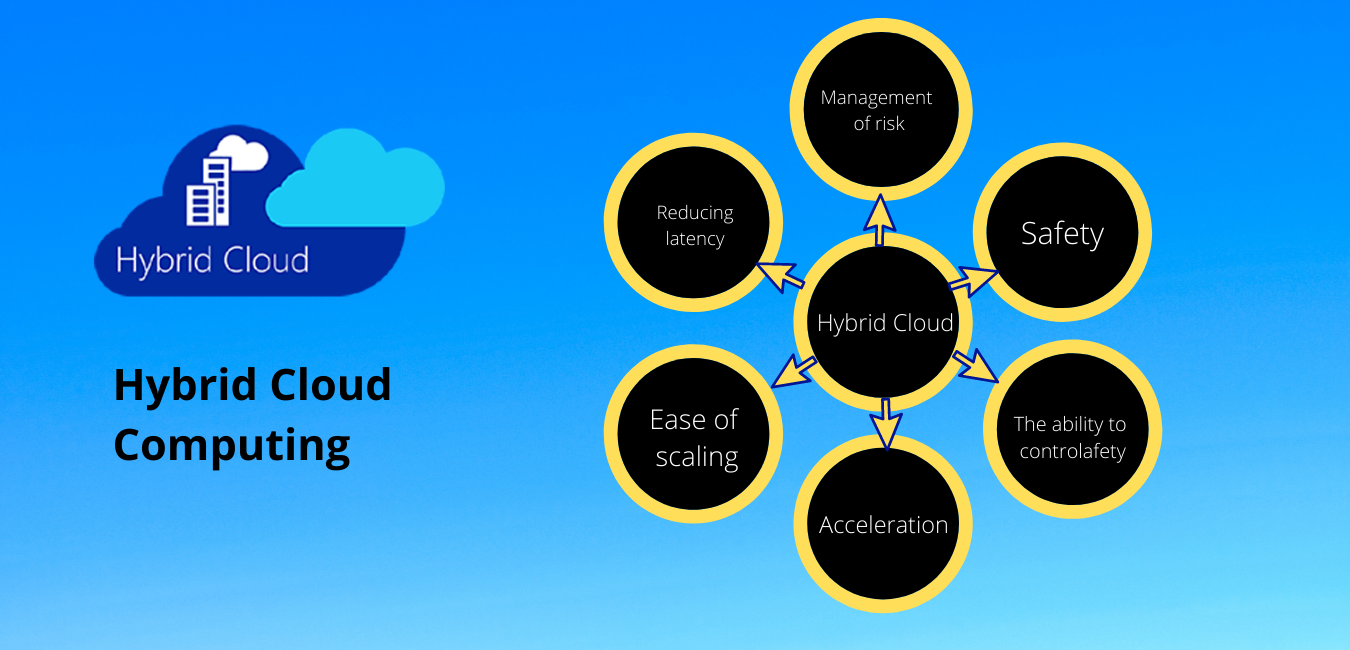Businesses that want to use big data but still need to adhere to regulatory security compliance can use hybrid clouds. Hybrid deployments allow users to utilize the benefits of both deployments, but only with a provider who understands and is proficient with the configuration of these applications to ensure security standards.
With the advent of cloud computing, the network environment scene has transformed completely. Organizations used to store their data and compute operations in private data centers on-premises. Maintenance and infrastructure costs were high too.
As a result, virtualization and multiple service platforms make it easier to access assets and activities that are distributed. Cloud computing is not without its own downsides, however. Concerns about privacy and control are mainly at the top of the list. In the end, this has led to a lack of interest among many companies in public clouds.
Hybrid clouds fill in the gap here. In a hybrid cloud environment, companies benefit from the pros of public clouds while minimizing privacy and control issues. To meet their IT requirements, companies are increasingly adopting hybrid clouds.
Let’s talk about the advantages of hybrid cloud computing.
Reducing latency and improving performance on the network
Latency is a common cloud complaint from the end-users, a network problem leading to slow or underperforming applications. When employees work in streams and clog the pipes, it is challenging to mitigate the problem. You will not be affected by the intermittent performance of the public Internet when you use a direct-connect private network with a hybrid cloud strategy, which will boost your overall experience. Moreover, hybrid cloud and load balancing can reduce remote latency by delivering infrastructure from a close location to the user. The data for new offices in the United States can only travel at the speed of light if you have all your IT resources housed in your company’s data center in North Carolina.
Management of risk
Getting started with hybrid clouds is a great way to manage risks. For instance, firms can begin by testing non-critical workloads in the cloud to get their feet wet before developing more sensitive apps. A few hours of proof-of-concept work and minimal expenditures can drive widespread usage of cloud technologies across organizations. This is number 6 on this list because, like the other things here, there are dangers alongside positives results; therefore, it appears here. The use of a hybrid cloud can complicate network architecture and raise security concerns for your company, depending on the use case. If you are not experienced in hybrid cloud deployment, it is always recommended to use consulting service. One final point when it comes to risk – if your cloud provider goes out of business, raises charges, has downtime, or for any other reason you need to migrate, the federated hybrid cloud could be an option that reduces that risk.
Safety
The protection of sensitive data is one of the main concerns of networked applications. Public clouds continue to pose a concern, even though cloud vendors do their utmost to protect customer data. Cyberattacks and data leaks are more likely to occur on these networks due to their open nature.
Companies can no longer take these risks with their proprietary information or customer data. By combining the advantages and security of private clouds, hybrid clouds can offer many benefits.
With hybrid clouds, data can be stored in a private environment, and encryption is also available. Before uploading to the public cloud, this adds an additional layer of security.
The ability to control
A hybrid cloud solution can provide control, which is one of its key benefits. The private end of a hybrid cloud model can be tailored to the specific needs of companies rather than being entrusted to a third-party provider. Internal IT staff retain control of critical operations and can handle the day-to-day maintenance of servers and infrastructure because a portion of the network-enabled application remains private.
In hybrid cloud architecture, organizations benefit greatly by controlling their own IT assets directly. Public clouds are responsive to an extent, but some organizations may find it advantageous to exert direct control over their IT assets. With today’s fast-moving economy, circumstances and needs tend to change frequently, so maintaining the ability to reconfigure and make other adjustments to a company’s cloud environment makes it easier to respond to those changes. Changing terms and conditions of a cloud provider or a loss of service are less likely to catch you off guard.
Acceleration
Control over networked applications is one crucial benefit of maintaining control. It’s not necessarily faster to operate in a hybrid cloud setting than in a multi-cloud environment or in a purely public cloud. It allows the IT team to optimize the network so that data can reach its destination as quickly as possible. The use of edge computing architectures can also enhance the performance of hybrid environments by locating crucial services closer to the clients.
The purpose of public clouds is to be many things for many customers, whereas the purpose of private clouds is to minimize the demands on their resources. The private section of a hybrid cloud can be optimized to be more productive and faster. This can be accomplished by offloading non-critical operations to the public cloud or configuring the network only to handle critical traffic.
Ease of scaling
For a private network to be successful, substantial capital investment will be required to create, maintain, and expand one. In the past, if you wanted to increase the amount of computing power available without investing in physical infrastructure, you had to purchase a new server. As a result, the company was constrained in its ability to be agile, which negated the advantage of an in-house, private network.
An introduction to hybrid cloud computing It’s a win-win for you. The best way to make the most of cloud computing expansion on the public cloud is to keep your critical information, assets, and operations on your private cloud. Additionally, companies can easily and quickly increase their operational capacity without incurring costly fixed and variable expenses.
The cloud computing resources of public cloud providers make it possible to run powerful analytic applications by small organizations. Companies of all types can efficiently and effectively scale their operations with hybrid clouds.
The cost
Establishing a private environment and a public environment in a hybrid cloud configuration incurs additional costs. Over time, however, its use will reduce IT costs. Hybrid clouds also let you avoid the substantial costs associated with purely private clouds because of their scalability. Hybrid clouds also give you the option of storing your data privately to mitigate hefty migration expenses.
Cloud storage and network management are usually governed by the terms and conditions of public cloud providers. When a client leaves one public cloud and moves to another, they are sometimes required to pay a termination fee. Occasionally, the provider isn’t even required to return the data in a format that the client can use, which is dangerous for migration.
A hybrid cloud will always store your critical data in the private cloud. Changing cloud providers is much easier as a result, and it entails significant long-term cost savings.
DISASTER RECOVERY AND BACKUP FOR ALL
By taking advantage of the hybrid cloud, you can reduce the cost of backup and disaster recovery, as you can procure standby resources or cheap cloud resources for a fraction of the cost of buying or building them yourself. Often, cloud service providers roll the cost of the support into the overall service, so they are convenient for companies with limited time or staff. There is an increasing number of CSPs that offer BDR services to companies required to adhere to multiple regulations, such as HIPAA, PCI, and FISMA.
DR solutions may also be more reliable and faster with a hybrid cloud. The process of restoring from tapes or other legacy methods is time-consuming and can lead to data loss. It is possible for companies that cannot afford even the smallest amount of downtime to execute a zero-downtime recovery environment, depending on the expenditure and software integrated into the solution.
You are not guaranteed these benefits just by moving to a hybrid cloud. It could be a complex undertaking to execute your hybrid cloud vision depending on your company and its inherent complexities, and it is best accomplished with the help of an experienced partner.

